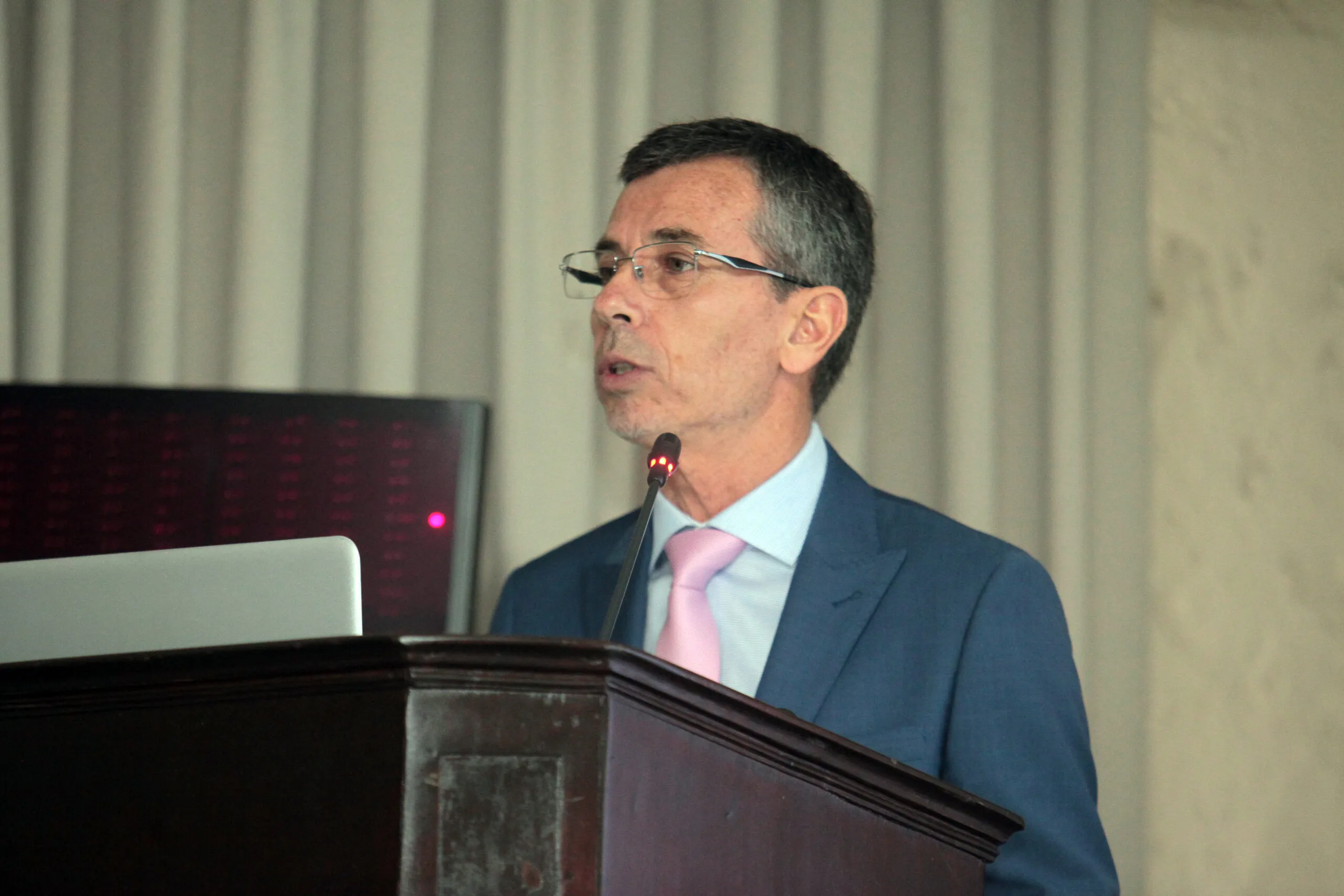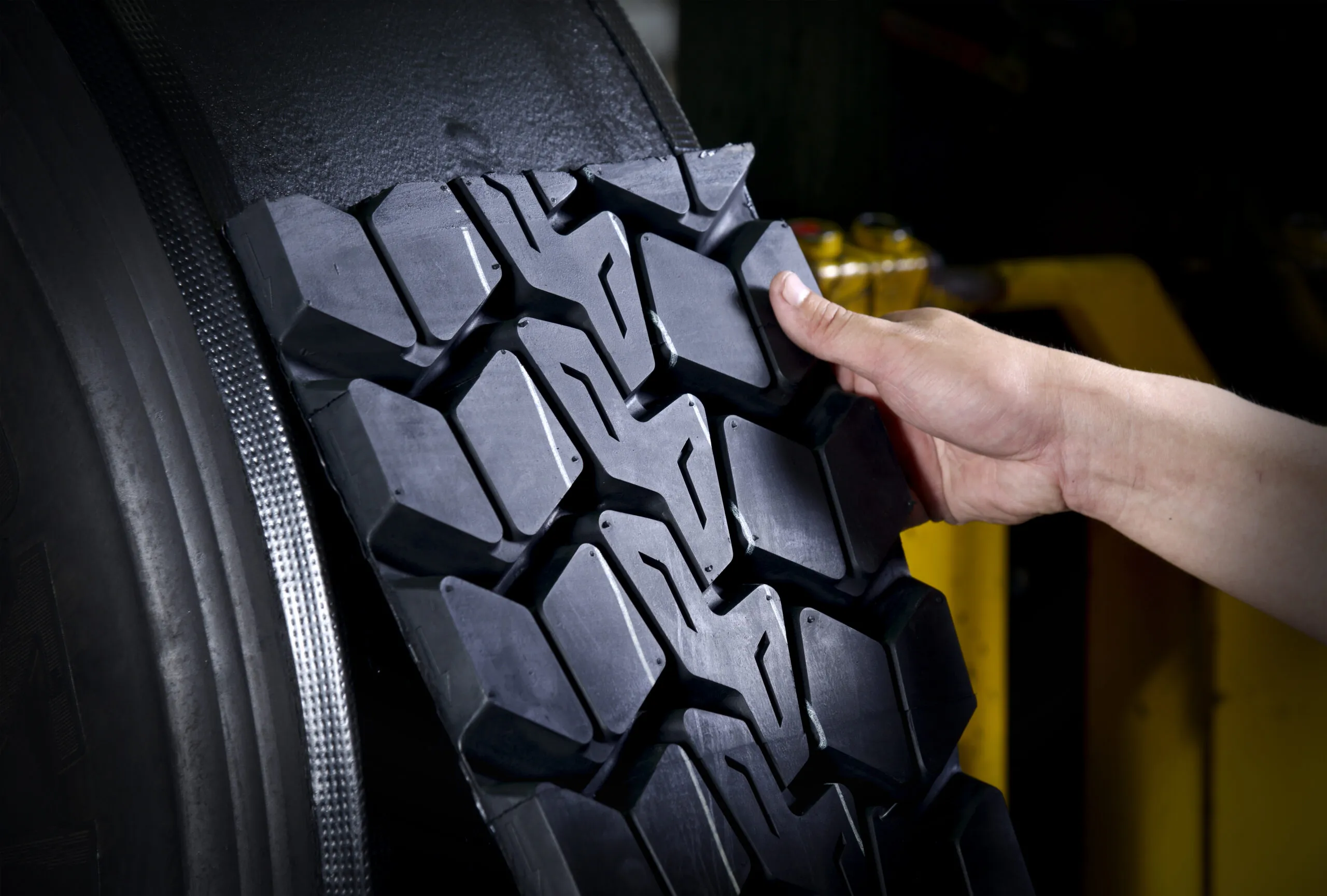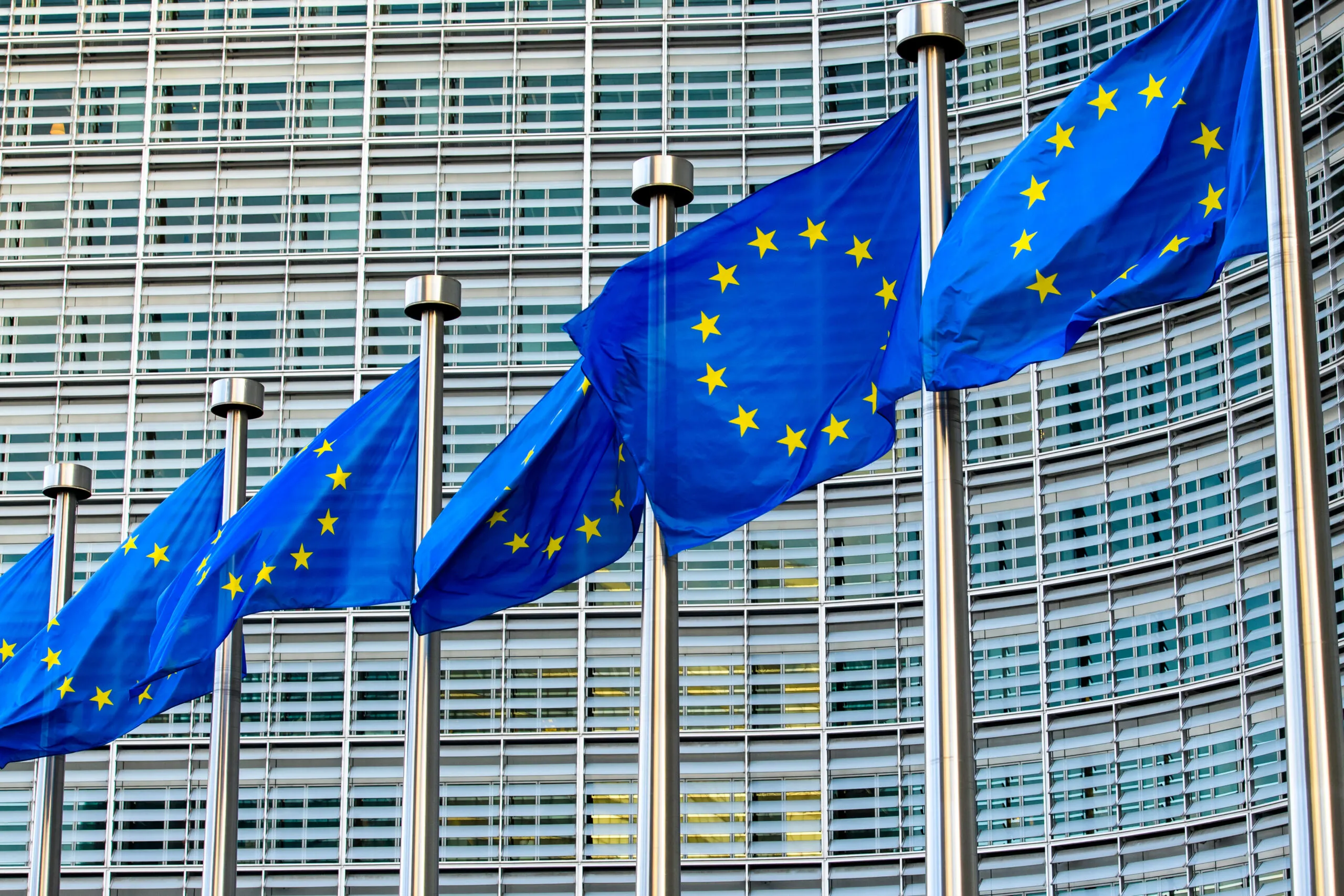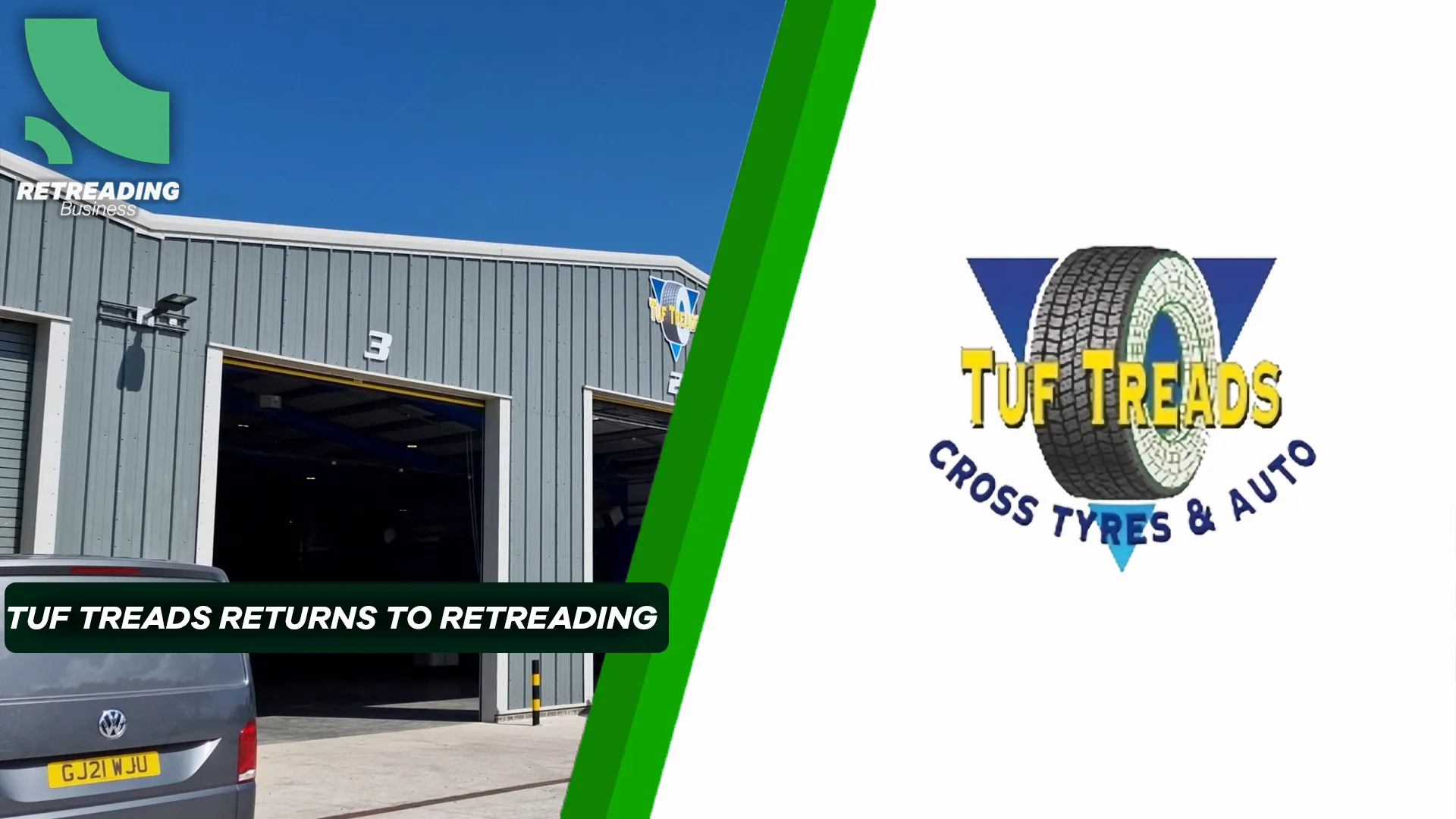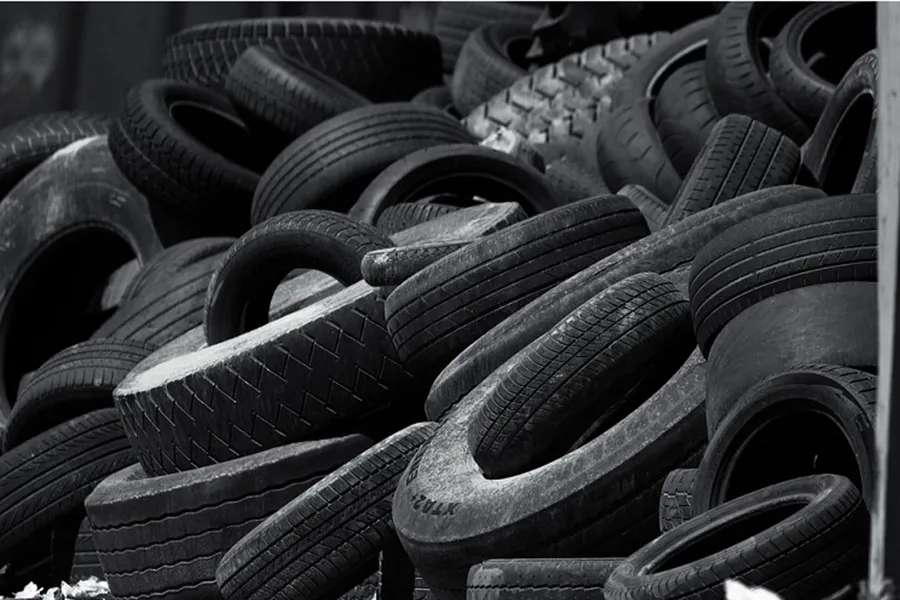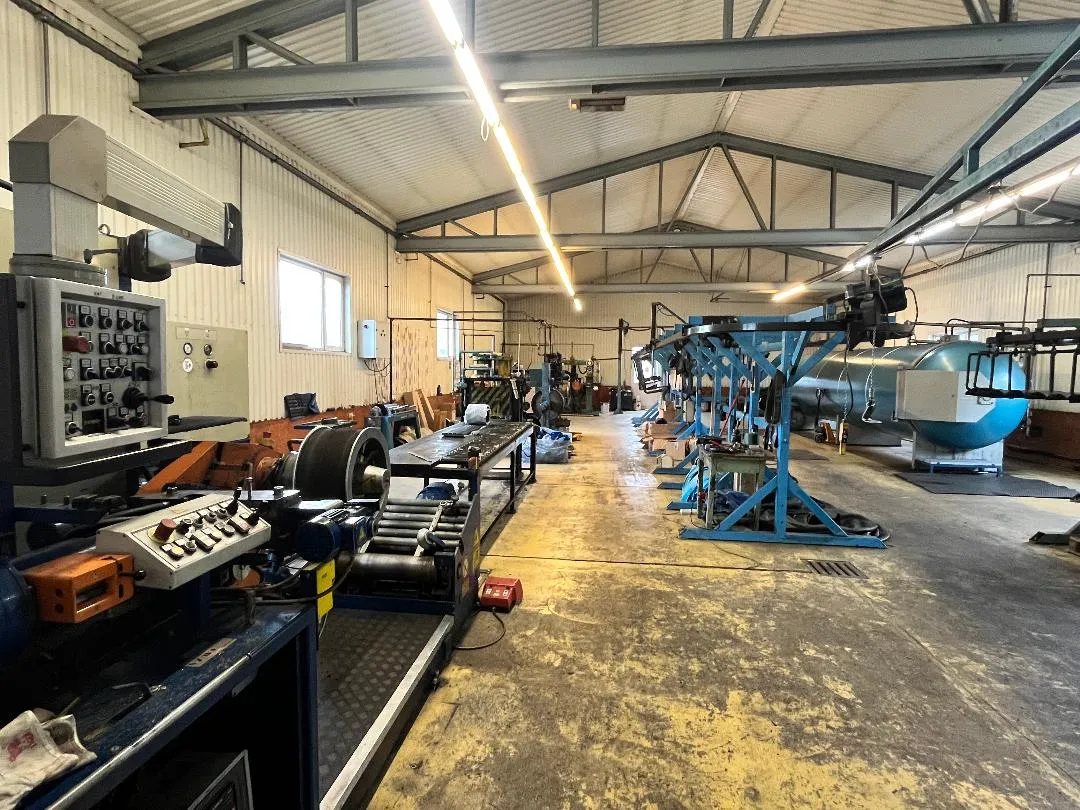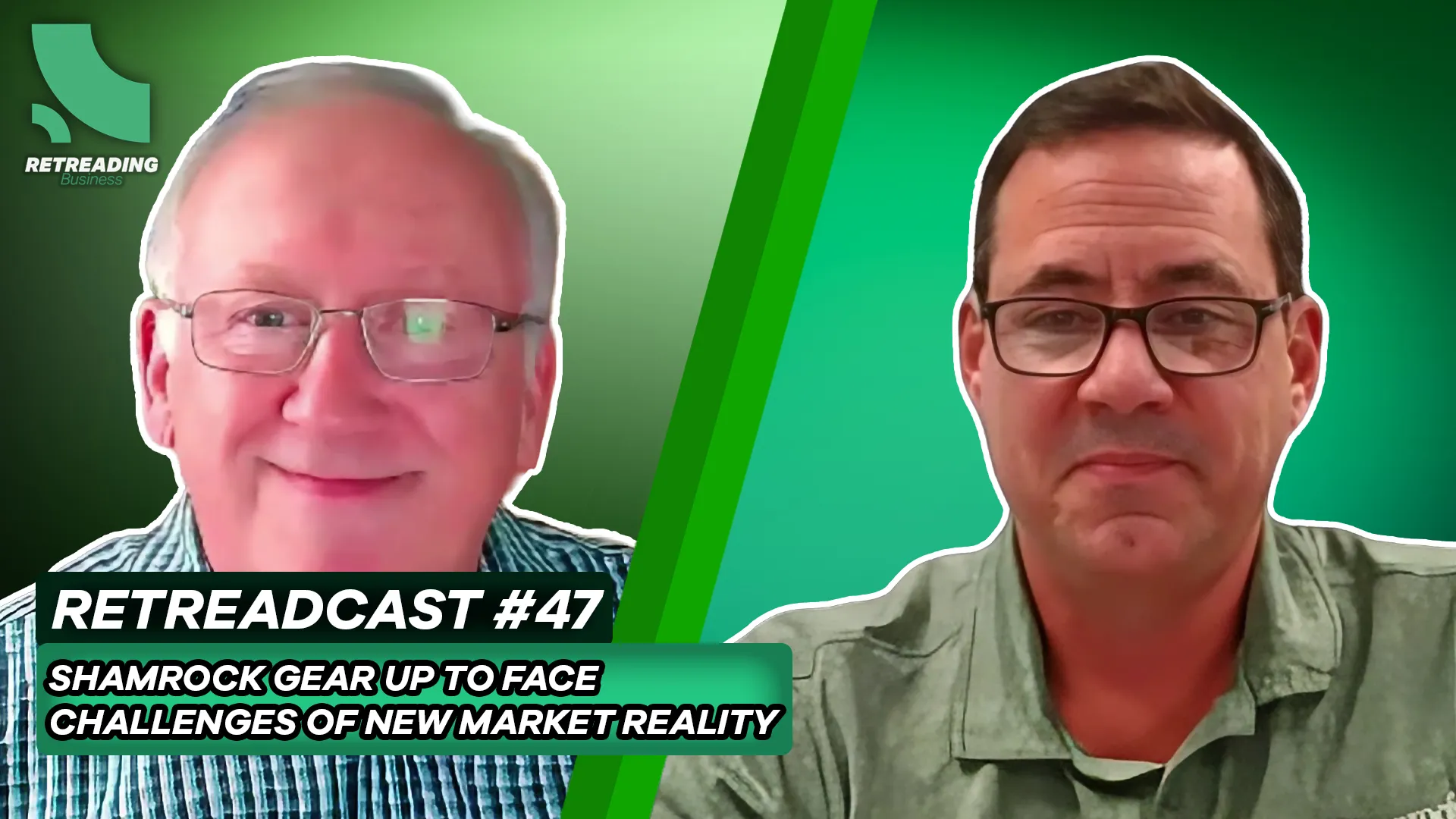Eduardo Acosta Lancellotti has a good vantage point on the EPR Law’s Rocky Start and the Future of Tyre Retreading in Chile.
Progress, but Turbulent Times
As 2024 unfolds, the tyre industry in Chile finds itself at a crossroads. Last year marked the anticipated launch of the Extended Producer Responsibility (EPR) Law, a legislative move to revolutionise the sector by imposing strict recycling and waste management targets on producers and importers. However, the journey has been anything but smooth. We delve into the challenges and opportunities ahead in an exclusive conversation with Eduardo Acosta Lancellotti, President of the National Association of Tyre Retreaders and Importers (ARNEC).
The introduction of the EPR Law was met with significant hurdles. “The implementation faced numerous problems,” Lancellotti shares, highlighting the regulatory gaps and delays from state entities in granting necessary authorisations. These issues led to a failure to meet the 2023 collection and recovery targets, prompting a revaluation of future goals and penalties.
Despite these setbacks, Lancellotti remains optimistic, particularly for the tyre retreading sector. Interest in collective management systems is growing, with a keen eye on integrating tyre retreading into their objectives. “This makes us optimistic about our integration with the EPR systems,” he states, pointing to a potential silver lining amidst the challenges.
However, Lancellotti is critical of the initial execution of the EPR Law, noting a need for more effective collaboration between authorities and industry stakeholders. He believes learning from international experiences could have smoothed the law’s introduction, but bureaucracy hindered progress. The current government’s commitment to streamlining processes offers a glimmer of hope for more efficient implementations moving forward.
Looking ahead, Lancellotti envisions a promising path for ARNEC and ALARNEU (Latin American Association of Tyre Retreaders and Importers) in the evolving landscape shaped by the EPR Law. Yet, challenges persist, notably from the influx of low-cost Asian tyres, which undermines the economic appeal of tyre retreading by not accounting for environmental costs in product pricing.
ARNEC aims to bridge this gap by promoting tyre retreading and renovation’s environmental and economic benefits. Lancellotti emphasises the role of ARNEC and ALARNEU in fostering a collaborative environment that encourages sharing experiences, practices, and standards across Latin America. This synergy, he believes, is crucial for enhancing the industry’s sustainability and competitiveness.
As the tyre industry navigates these transformative times, Lancellotti’s insights shed light on the complexities of implementing environmental policies and the importance of collective effort in moving towards a more sustainable future. With ARNEC and ALARNEU at the helm, the tyre retreading sector in Chile and beyond looks toward a greener, more resilient horizon.

